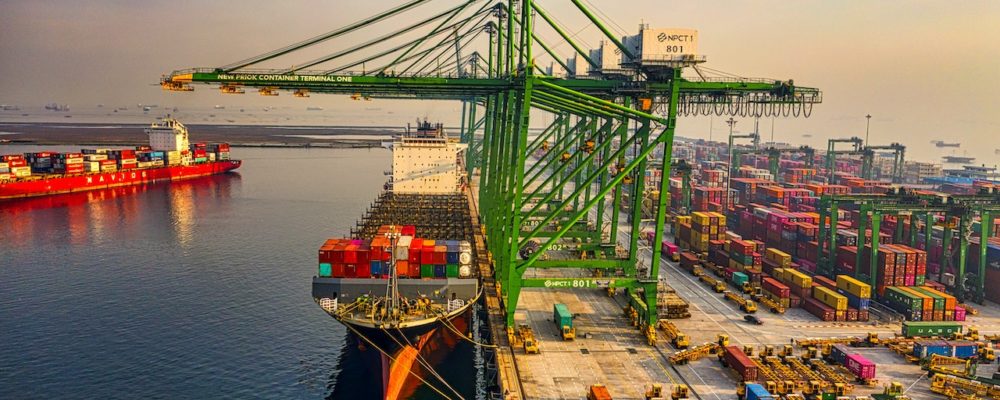Overall, the future of jobs in the shipping, logistics, and warehousing sectors in the UK seems promising, with a focus on embracing technology, sustainability, and efficient supply chain practices. To remain competitive in this evolving job market, professionals may need to upskill or reskill to adapt to changing industry demands.
The move away from the more traditional roles within this sector will mean new opportunities to attract and engage with young adults. The government and Industry are collaborating to deliver the Generation Logistics Campaign which was launched in 2022 to focus on the skills task force meeting the future skills needs in the freight and logistics sector.
Alongside,
1. Supporting employer engagement.
2. Reform freight and logistics training offers to encourage transferable skills.
3. Support efforts to boost diversity within the sector.
4. There is a £7million freight and innovation fund to maximise the use of technology and data for freight and logistics.
• Technological Advancements: Automation and digitalization are transforming the shipping, logistics, and warehousing industries. This shift is likely to create a demand for professionals with expertise in robotics, artificial intelligence, data analytics, and supply chain software management.
• E-commerce Growth: The rise of e-commerce has significantly impacted on the logistics sector, with increasing demand for fast and efficient last-mile deliveries. As online shopping continues to expand, the demand for logistics professionals in handling e-commerce fulfillment and delivery is expected to grow.
• Sustainability and Green Logistics: Environmental concerns and government regulations are driving companies to adopt more sustainable practices in their logistics operations. Jobs related to eco-friendly packaging, renewable energy solutions, and green supply chain management are likely to emerge.
• Supply Chain Resilience: The COVID-19 pandemic highlighted the importance of supply chain resilience. Companies are now focusing on building robust and adaptable supply chains, leading to increased demand for professionals skilled in risk management and contingency planning.
• Multi-modal Transport: The adoption of multi-modal transportation (using a combination of different modes like road, rail, sea, and air) is becoming more prevalent. This trend may result in a demand for professionals capable of coordinating complex transportation networks.
• Data-driven Decision Making: The industry is shifting towards data-driven decision-making processes. Jobs related to supply chain analytics, business intelligence, and data management will likely be in demand.
• Cybersecurity: As the industry becomes more digitised, there is a growing need for professionals with expertise in cybersecurity to protect critical data and systems from cyber threats.
• Remote Work and Connectivity: The pandemic accelerated the adoption of remote work and virtual collaboration. Jobs in logistics and supply chain management may involve more remote work and require employees to be proficient in utilising digital communication tools.





